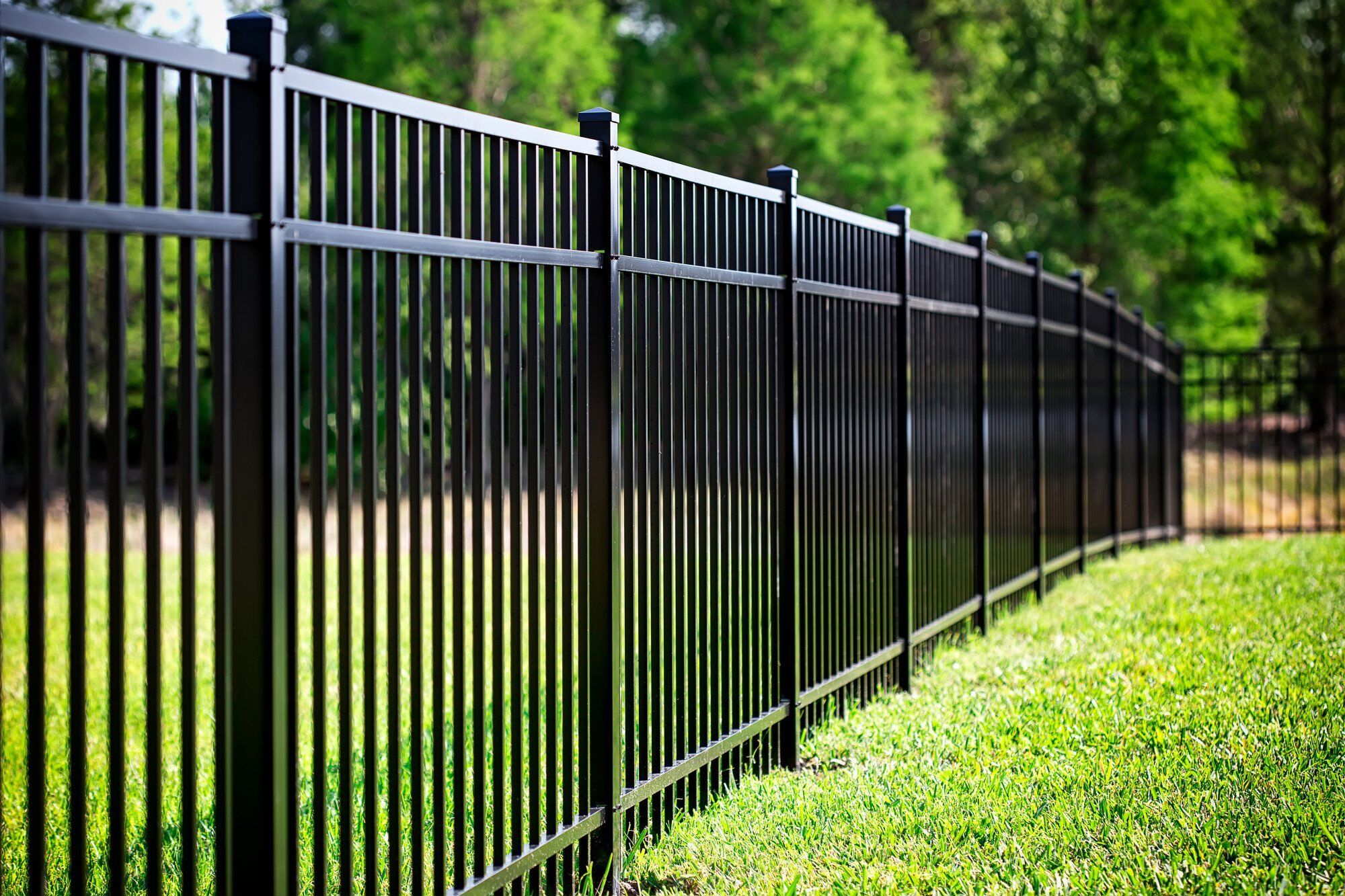All Categories
Featured

Picking the appropriate sort of fence for your property is a considerable decision that can influence both the aesthetic appeals and performance of your area. Whether you're searching for personal privacy, security, or merely an ornamental feature, there are numerous factors to think about when selecting the perfect fence. Below are some crucial considerations to help direct your decision-making process.
- Determine the Objective of the Fencing. The initial step in picking the right sort of fencing is to clarify its function. Various fencings offer different features, and recognizing your details requirements will assist limit your options. Consider the following:
Privacy: If you're looking for privacy, a tall and solid fencing such as wood or vinyl will stop spying eyes from seeing into your lawn. Safety and security: For safety purposes, a strong, high fence made from aluminum or steel can discourage burglars and give comfort. Aesthetic Appeal: A decorative fence made from functioned iron, light weight aluminum, or picket-style timber can add appeal and aesthetic interest your property. Pet or Pet Control: If you require to consist of animals or livestock, a sturdy fence like chain web link or timber may be essential to avoid them from leaving. 2. Take into consideration the Product. Once you have actually established the fencing's key purpose, it's time to select the material. Each kind of product comes with its very own set of advantages and obstacles. Right here are some usual products to take into consideration:
Timber: Timber fencings are flexible and customizable, supplying privacy and a traditional appearance. They're suitable for typical homes or rural residential properties however require routine maintenance to prevent insect, warping, or rot infestation. Plastic: Vinyl fencings are low-maintenance, sturdy, and available in a range of styles. They will not fracture, warp, or fade, making them a terrific option for those that want a lasting, easy fencing. Nonetheless, plastic can be much more pricey in advance than timber. Light weight aluminum: Light weight aluminum fencings provide a smooth, modern look and are long lasting, rust-resistant, and require minimal upkeep. Nevertheless, they commonly don't offer as much personal privacy as timber or plastic, as the slats are typically spaced apart. Chain Link: Chain link fencings are usually utilized for safety or to have animals. They are affordable and sturdy, yet they don't give much personal privacy or aesthetic charm unless you add slats or privacy screens. 3. Consider the Environment and Upkeep Requirements. Your area's climate can substantially influence the life-span and maintenance needs of your fence. Products like wood may require extra treatment to avoid rot or mold development if you live in a location with high humidity or constant rain. On the various other hand, plastic and light weight aluminum fences are resistant to the aspects and require a lot less maintenance.
In addition, consider the amount of time and effort you want to commit to fencing upkeep. Wood fences need routine staining or painting to preserve their appearance, while plastic and aluminum need much much less upkeep.
- Think of Sturdiness and Lifespan. Consider for how long you desire your fencing to last. If you're trying to find a fencing that will last for years with little upkeep, plastic and light weight aluminum are excellent options. While wood fences can last 10-20 years with correct treatment, they might not stand up to the test of time along with various other materials.
Additionally, consider your budget. Products like timber and chain web link often tend to be more cost effective upfront, while plastic and light weight aluminum have a tendency ahead with a greater initial cost however offer lasting longevity.
- Suit the Fencing to Your Residential Or Commercial Property Design. The sort of fencing you pick must match the general feel and look of your building. An appropriate fencing can improve your home's curb charm, while a badly picked fencing can interfere with it. As an example:
Typical Houses: A classic timber picket fencing or a functioned iron fence works well with older, extra conventional homes. Modern Homes: For a modern look, smooth products like light weight aluminum or vinyl can enhance contemporary style. Rural or Farm Residences: A wooden or cord fence may be excellent for rural properties or farms, where usefulness is equally as essential as visual appeals. 6. Inspect Regional Rules and HOA Guidelines. Before making your final decision, check your neighborhood zoning guidelines and any type of HOA (Homeowners Organization) standards to ensure that your desired fence adhere to height limitations, product demands, and various other regional legislations. Some areas have specific guidelines about the look of fencings, especially in residential areas.

Conclusion. Choosing the right fencing for your residential property requires careful consideration of your needs, budget plan, and the style of your home. Whether you're prioritizing personal privacy, safety and security, or aesthetic appeal, there's a fencing product and layout that will certainly fit your requirements. By taking into consideration the aspects detailed over, you can make a notified choice and choose a fencing that will enhance the capability and beauty of your property for many years to come.
Latest Posts
Find Out Why Chicago Drivers Select Montclare Auto Repair for Reliable Service and Significant Savings
Published May 26, 25
1 min read
Uncover Premier Auto Repair Care offered by Montclare Auto Repair – Keep Your Car Running Smoothly
Published May 24, 25
1 min read
Discover Reduce Expenses on Car Maintenance with Montclare Auto Repair’s Limited-Time Deals
Published May 23, 25
1 min read
More
Latest Posts
Find Out Why Chicago Drivers Select Montclare Auto Repair for Reliable Service and Significant Savings
Published May 26, 25
1 min read
Uncover Premier Auto Repair Care offered by Montclare Auto Repair – Keep Your Car Running Smoothly
Published May 24, 25
1 min read
Discover Reduce Expenses on Car Maintenance with Montclare Auto Repair’s Limited-Time Deals
Published May 23, 25
1 min read